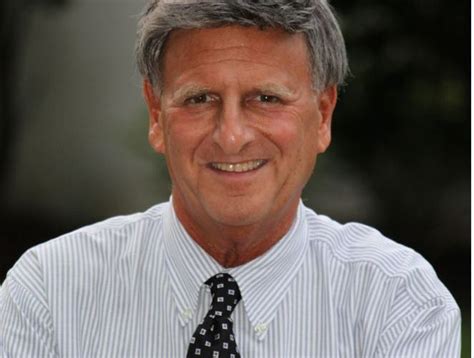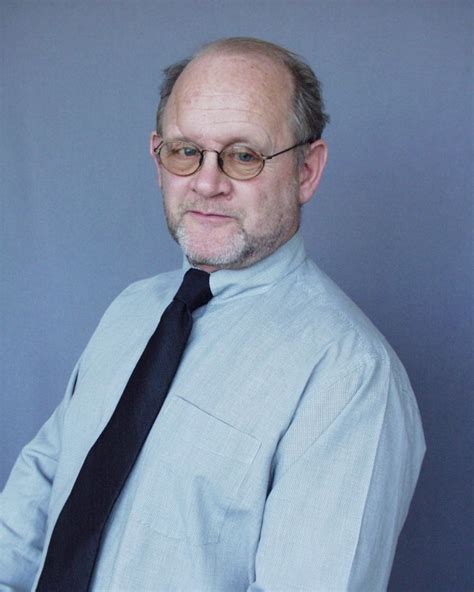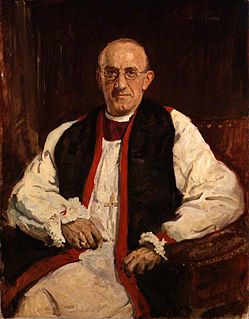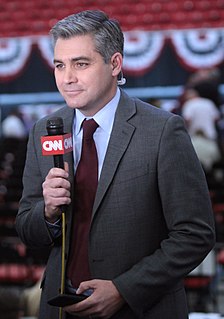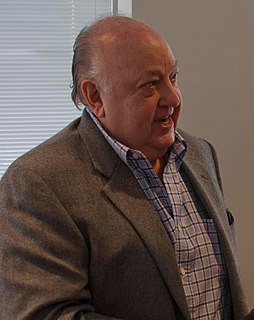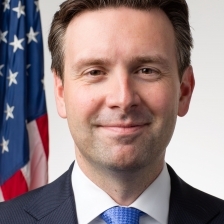A Quote by Helen Thomas
When you speak of the press, of course, you have to speak of different segments of the press. Reporters, straight reporters, wire services, you stick to the facts; you don't create the story, per se. You cover what is happening.
Related Quotes
The UN was very media-shy, and its relationship with the press was very controlled; although periodically I spoke to the press, the rule was, only the secretary-general speaks to the press; only the secretary-general makes... So you would see many situations where under-secretaries-general would come in and speak. I opened that, and I encouraged all of them to speak in their areas, whether it was peacekeeping or humanitarian efforts.
You speak to the press at the Tour every day, but most often in a negative sense. Ninety per cent of the questions you are asked in the post-race press conferences are challenging or provocative, so you have to justify yourself; you have to try to give the right answers about every topic across the board.
Yes, Barack Obama had his clashes with the press. I witnessed those first-hand covering the second term of his administration. But we did not have Barack Obama on almost a weekly basis referring to the press as the enemy of the people and accusing reporters of treason and calling legitimate stories fake news.
In campaign reporting more than any other kind of press coverage, reporters aren't just covering a story, they're a part of it - influencing outcomes, setting expectations, framing candidates - and despite what they tell themselves, it's impossible to both be a part of the action and report on it objectively.

